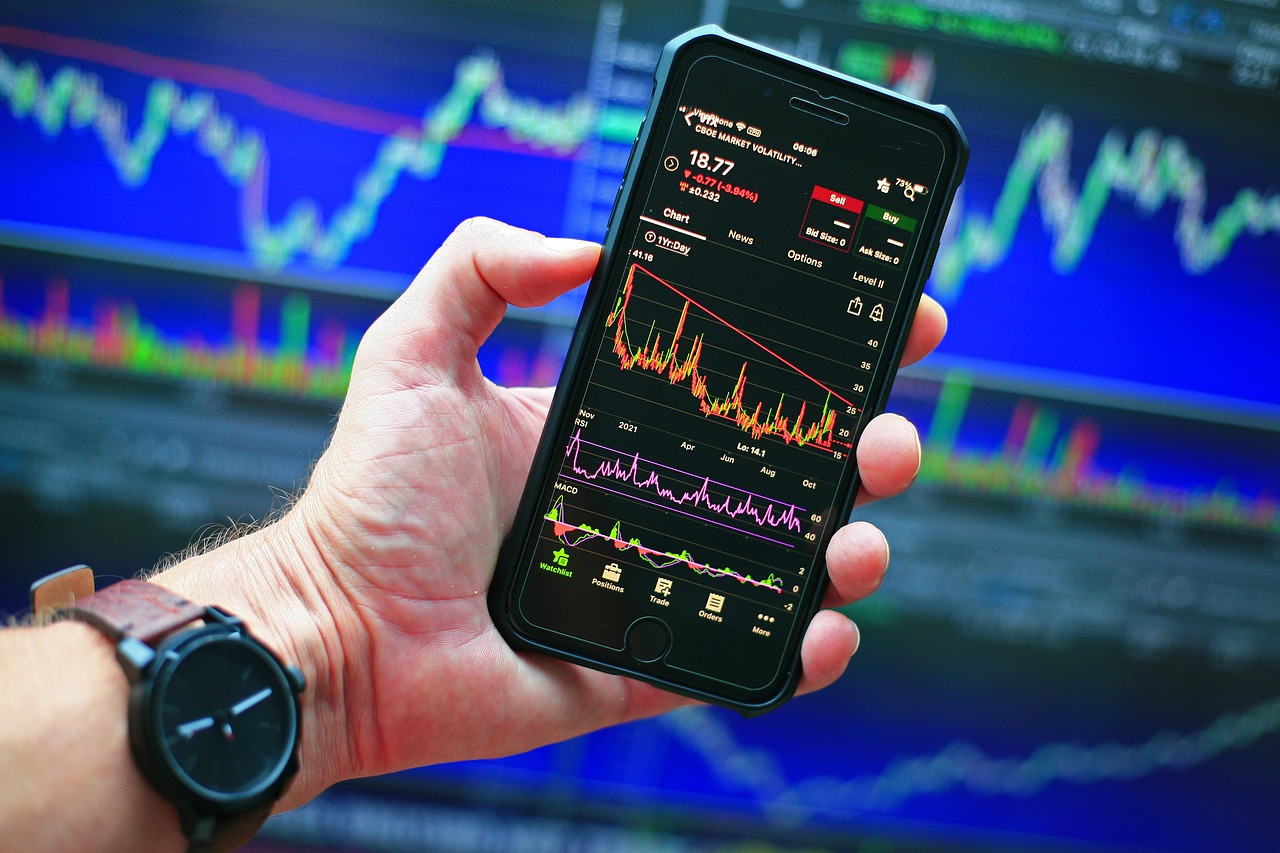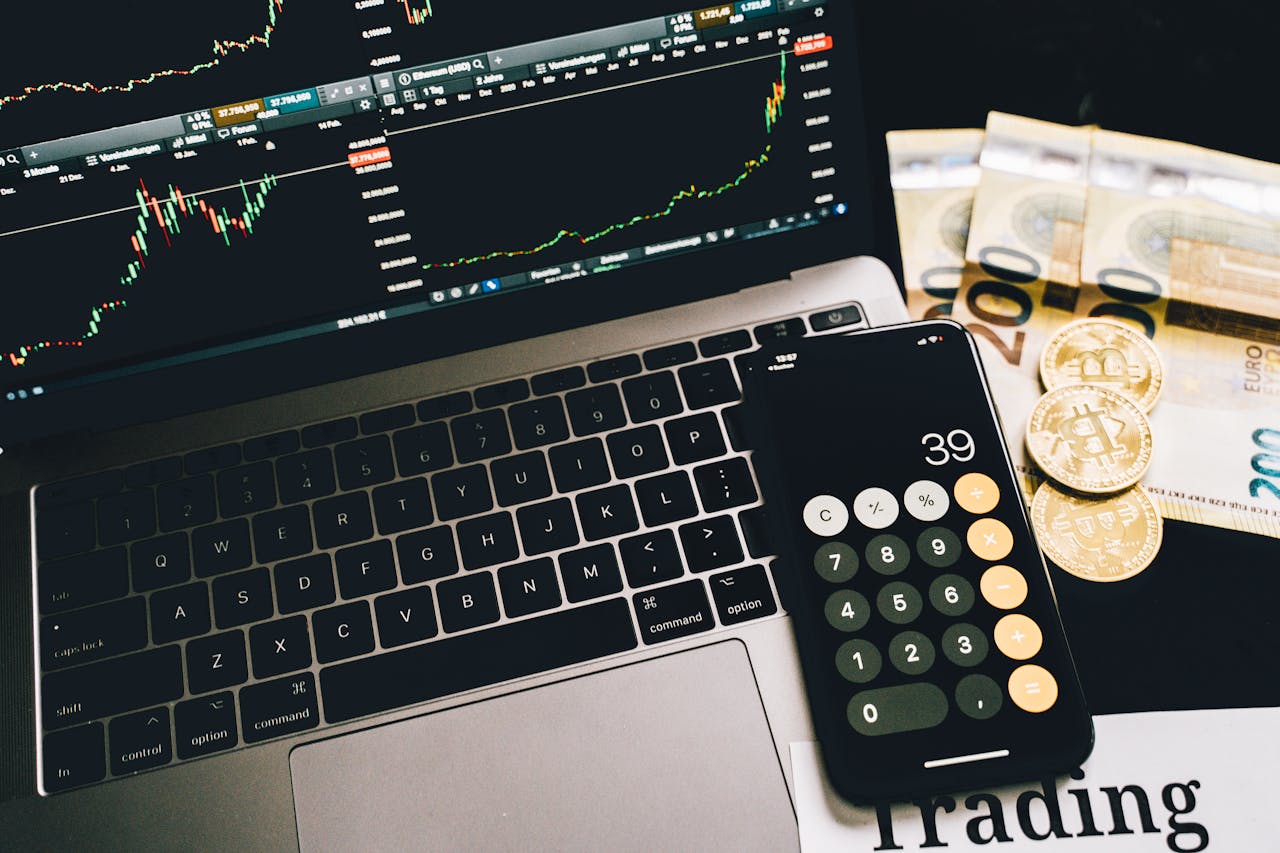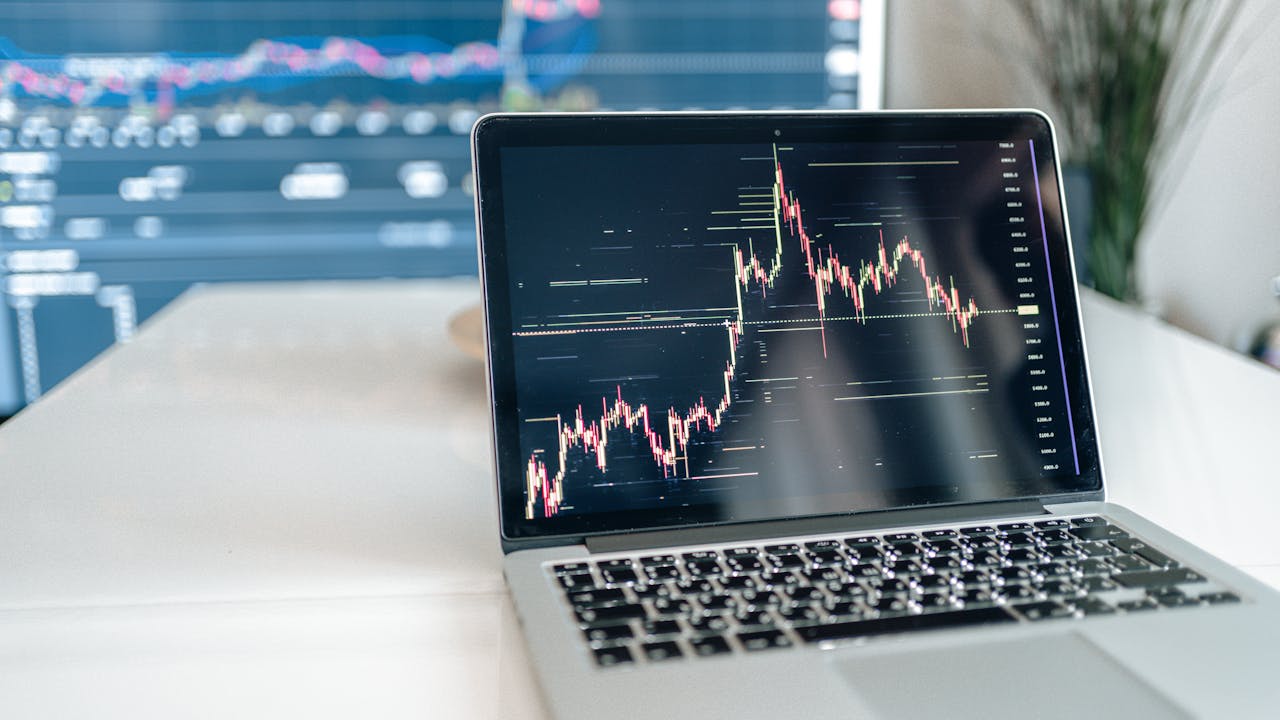Fintech
N26 Now Offers Stock Trading via Smartphone
Berlin-based fintech company N26 expands its offerings to include stock and fund trading via smartphones, intensifying competition with neobrokers. With plans to offer 200 tradable stocks and ETFs initially, expanding to 1,000, N26 aims to attract new customers and counter low-cost competitors. Despite regulatory restrictions on growth imposed by BaFin, N26 pushes forward with its expansion strategy.

The Berlin fintech company, which so far only offers banking via smartphone, wants to win new customers. N26 also wants to catch up with the “neobrokers” by trading stocks and index funds.The smartphone bank N26 is increasing competition in the stock and fund trading business with its new product range. Launched purely as a bank for smartphones, customers should now also be able to conduct their investment transactions via cell phone.
Price competition intensifiedThis means that N26 is also involved in the increasingly tough competition for customers who want to trade stocks or index funds (ETF) quickly and cheaply. Discount brokers such as the Commerzbank subsidiary Comdirect or Consorsbank have been in a price war with the so-called neobrokers for several years.
The newbies in the business such as Trade Republic, Scalable Capital or Smartbroker offer the purchase and sale of stocks or fund shares almost for free. Some of the neobrokers such as Trade Republic now also offer daily and fixed-term deposit accounts or even credit cards and are thus moving towards N26’s core business. With their new initiative, the Berliners are launching a counter-offensive, so to speak.
Read more on the subject and find the most important financial news of the day with the Born2Invest mobile app.
Offer should become largerAccording to N26 co-founder Valentin Stalf, N26 initially wants to start with 200 tradable stocks and ETFs in Germany
Within the next few months, the offering will be expanded to include around 1,000 stocks and more than 1,000 ETFs. Stock and ETF trading is technically implemented through a partnership with the company Upvest. The Berlin-based fintech offers banks the brokerage and custody of investment products via a program interface (API).
In Austria, N26 had already started ETF trading in January. Customers in Germany have been able to trade cryptocurrencies such as Bitcoin since January 2023. The company is active in 24 countries in Europe and employs around 1,500 people, including around 1,000 in Berlin. In December, N26 had around four million active customers, around 75 percent of which come from Germany and France.
Also fighting for daily and fixed-term deposit customersIn the price war for stock and ETF trading, the company should be able to keep up with the low-cost competition in the market with a flat fee of 0.90 euros per trade. N26 currently offers four different account types. In addition to a free basic account, there are current accounts with monthly fees between 4.90 and 16.90 euros.
The Berliners also want to stand up to the competition more strongly with their interest rate offers. Depending on the account model, N26 offers up to four percent interest on fixed-term deposits, putting it on a par with the offer of its competitor Trade Republic. The increase in interest rates for current account accounts will come into effect from April 9th.
N26 remains in the sights of the banking regulatorIn 2021, the banking regulator BaFin deliberately slowed down the growth of N26. The banking regulator set a limit for the online bank’s further customer growth and accused it of poor risk management.
The bank is allowed to take on a maximum of 50,000 new customers per month in Europe. According to the supervisory authority, the requirements are intended to “eliminate deficiencies, particularly in risk management”. The requirements were extended last year.
__
(Featured image by sergeitokmakov via Pixabay)
DISCLAIMER: This article was written by a third party contributor and does not reflect the opinion of Born2Invest, its management, staff or its associates. Please review our disclaimer for more information.
This article may include forward-looking statements. These forward-looking statements generally are identified by the words “believe,” “project,” “estimate,” “become,” “plan,” “will,” and similar expressions. These forward-looking statements involve known and unknown risks as well as uncertainties, including those discussed in the following cautionary statements and elsewhere in this article and on this site. Although the Company may believe that its expectations are based on reasonable assumptions, the actual results that the Company may achieve may differ materially from any forward-looking statements, which reflect the opinions of the management of the Company only as of the date hereof. Additionally, please make sure to read these important disclosures.
First published in tagesschau. A third-party contributor translated and adapted the article from the original. In case of discrepancy, the original will prevail.
Although we made reasonable efforts to provide accurate translations, some parts may be incorrect. Born2Invest assumes no responsibility for errors, omissions or ambiguities in the translations provided on this website. Any person or entity relying on translated content does so at their own risk. Born2Invest is not responsible for losses caused by such reliance on the accuracy or reliability of translated information. If you wish to report an error or inaccuracy in the translation, we encourage you to contact us.

-

 Crypto1 week ago
Crypto1 week agoThe Crypto Market Rally Signals Possible Breakout Amid Political Support and Cautious Retail Sentiment
-

 Crypto4 days ago
Crypto4 days agoBitcoin Hits New Highs in USD, But Euro Investors See Limited Gains
-

 Crypto2 weeks ago
Crypto2 weeks agoXRP vs. Litecoin: The Race for the Next Crypto ETF Heats Up
-

 Crypto1 day ago
Crypto1 day agoCrypto Markets Surge on Inflation Optimism and Rate Cut Hopes

























